Surfing the internet is a part of our day-to-day life. We use it for paying bills, using social media sites, getting in touch with each other, etc. But did you know that all that you do is being tracked? Yes, you read it right.
Whatever you do is being tracked for ages, but your data is not secured either. However, that doesn’t mean you should stop using the internet.
You can always follow some best tips to stay completely anonymous online. By following the tips, you will be able to surf the internet safely.
1. Use a VPN
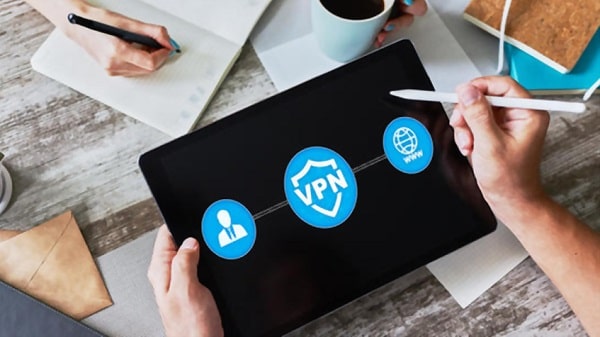
To ensure that you are safe while using the internet, you also can use a VPN through which you can definitely protect your online privacy.
A VPN generally hides your IP address and will run your online data through an encrypted virtual tunnel to ensure that no website can track your online activities.
It will also protect you by hiding the information of your current location. While choosing a VPN for your PC, make sure that you are going to use a paid one since they will offer many features that a free one may not be able to.
Some of the popular VPN providers are NordVPN, BullGuard VPN, etc.
2. Tor Browser
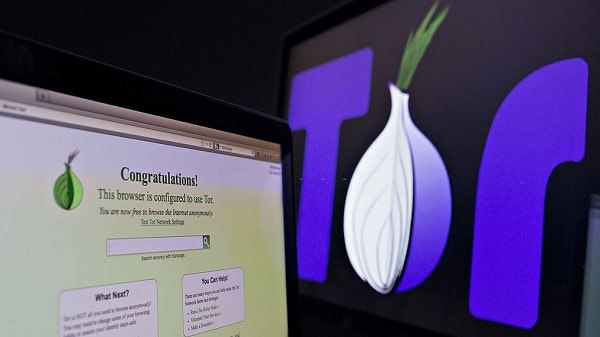
Tor Browser is a network of virtual tunnels that allows people and groups to improve their privacy and security on the internet. It will help you to access the deep web easily by keeping your identity hidden.
If you are using Tor, sites can not track your activity and neither your location. But using Tor can be difficult as it comes with many restrictions. If you are new to it, you may find it complicated as well. But yes, when it comes to keeping your identity maintained, it works the best.
3. Go for HTTPS
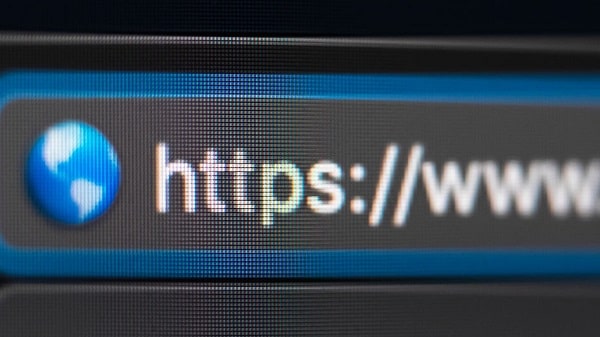
HTTPS (Hypertext Transfer Protocol Secure) is the secured, encrypted version of HTTP (Hypertext Transfer Protocol) and is mainly used for exchanging the data between the websites and browser.
If you are using any site that is not using HTTPS, then it clearly means that your data is not secured, and the chances of data being misused are very high. Hence, do not use those sites which are not using HTTPS.
Also, you can use a browser extension called HTTPS Everywhere, and this will force the browser to transmit the data over HTTPS even if they do not have the HTTPS certificate. The extension is available on Opera, Google Chrome, and Mozilla firefox. It will make the website use HTTPS.
4. Use Incognito
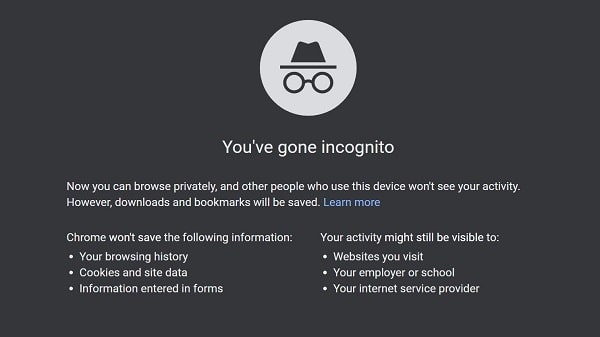
Using Incognito mode is something we all are aware of, but yes, it will help a lot. Talking about the most common browsers offering Incognito mode, Google Chrome, Mozilla Firefox, Microsoft Edge, and Apple Safari can make you go anonymous while surfing a site.
These top four browsers have a private browsing mode, and you can find it in their setting option. By using private browsing, the browser will not be able to store the cookies and internet history on your PC, and hence, your surfing history will not be tracked.
However, note that this private browsing can not secure your identity or browsing history completely. It can be a great option if you are looking to hide something from your family, but other than that, your IP address can still be tracked.
5. Delete Cookies
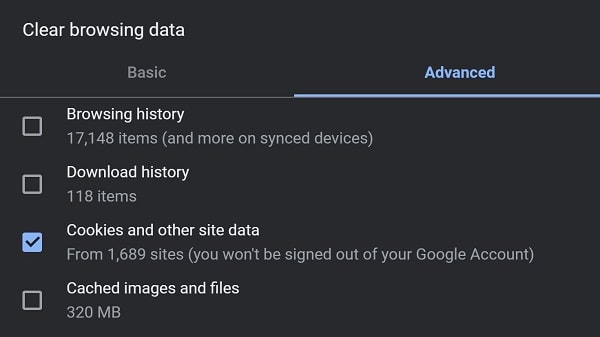
Browser cookies or HTTP cookies will be downloaded automatically from every website you visit and will get stored on your system. Basically, it allows the site to remember that you have been there, and this information is important for them since, based on this news, the site will offer you some personalized experience.
Some of the cookies will be able to tell how long you have visited the website, how many clicks you have made there, what is all you like and prefer reading, and so on.
Hence, it is better to delete the cookies so that the websites will not be able to understand your viewing habits better. Either you can delete it within your browser or take the help of any app for the same.
6. Use Temporary Emails
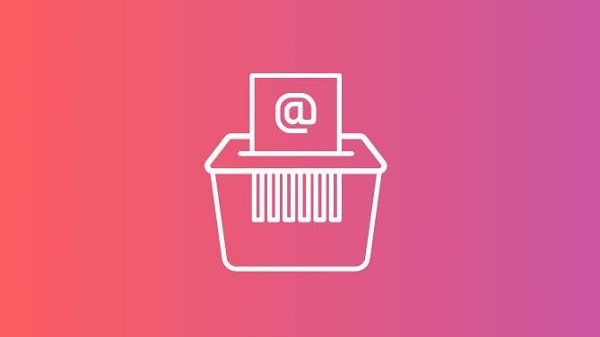
If you are using a site where adding your email address is mandatory. You can use a disposable email address, which will be not just temporary but also anonymous. If you use all those popular email services such as Gmail or Yahoo Mail, you will be needed to share your personal details with them.
However, by using those DEAs (disposable email addresses), you do not need to share anything.
You can simply make a new email address whenever you need one, and this can be disposed of once you use it. By using these temporary emails on a new website, you can save yourself from those spam emails, and your information will be secured with you only.
7. Use a Password Manager

Passwords play an important role in our safety. Selecting a password should be done wisely. And it is one of the major reasons for hacking anyone’s account. Too many passwords lead to confusion, and hence, people prefer using one password for everything. But that can be really dangerous.
A smart tip to save yourself from this headache is to use a password manager. One of the password managers we have used personally is Google Password Manager, which indeed is a secured and known service provider for keeping all your passwords the same.
You do not need to remember every password. Remember that one master password to unlock it and rest will be done by the tool.
RELATED: 10 Tips to Better Password Security (25 Worst Passwords)
8. Manage Trackers
![]()
Did you know that many websites are tracking you for years? Yes, many sites track and collect the browsing habits of their users. But this can go unnoticed, and that is why you might not be aware of the same.
However, by using Ghostery, which is a free browser extension, you can easily control and block the web bugs you are not comfortable with. This extension is available in all the leading web browsers, so you are not going to struggle to find it.
9. Beware of Browser Plugins and Public Wi-Fi
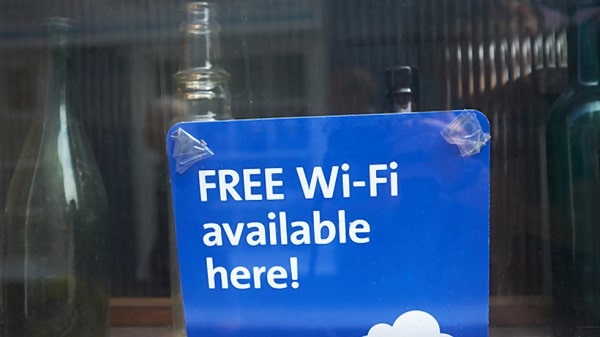
If you are using browsers plugins (which are needed these days), you need to be careful. However, that does not mean that you should not download them. But whenever you do, make sure that you go through their privacy policy. They should have that feature that allows their users to turn off tracking. If they have that, go ahead with it.
Similarly, public Wi-Fi isn’t really safe since the IP address assigned to your system will not always be yours. So always make sure that you prevent the device from sharing or receiving the data with other devices.
10. Avoid Social Media
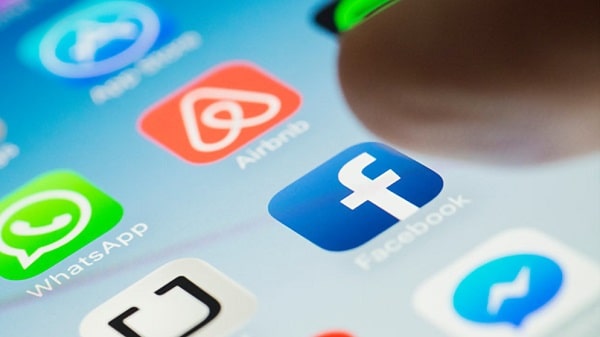
We all use social media platforms to connect with each other. But did you know that they are not safe either?
Yes, many social media platforms sell your data to others for making a customized ad for you. But quitting social media can be hard as we all are used to of it.
Instead of quitting it completely, you can always optimize your privacy settings. It will not completely hide your information but still can be better than it was.
So these were the best tips which can be used to be completely anonymous online and surf the internet safely.
If you have more such points that you think are worth mentioning in this list, please feel free to connect with us and share it in the given comment box.

